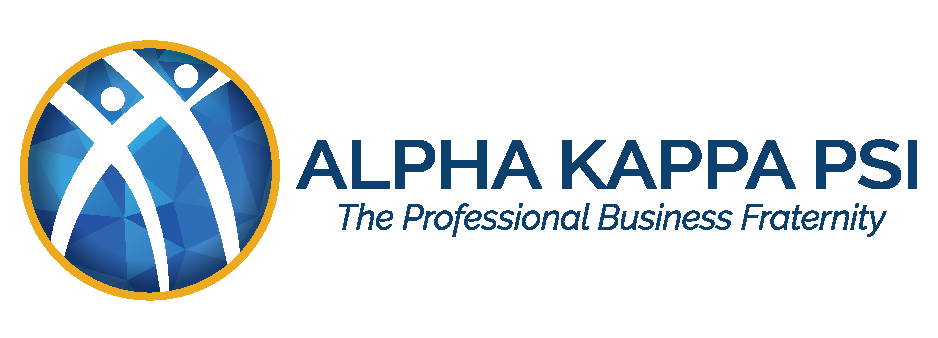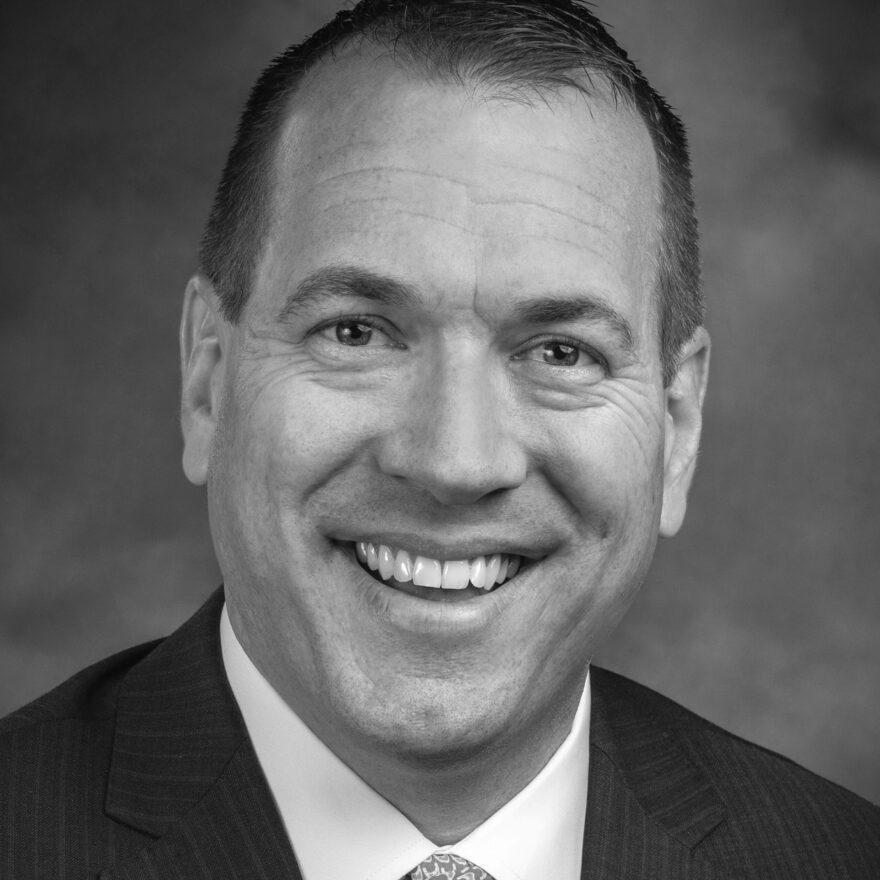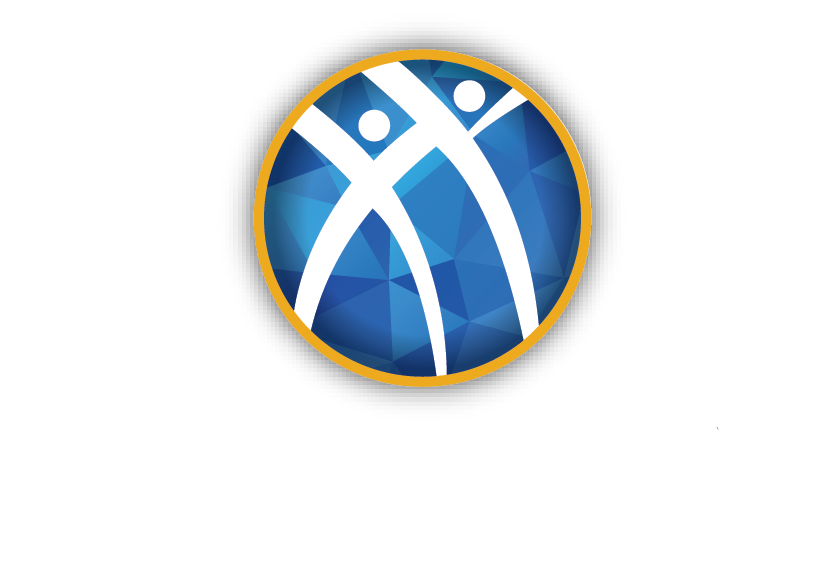In an age of unlimited online connectivity, how can we sort through the noise to create meaningful connections? In this episode of Business Edge, Dan Harbeke explains that showing up and going the extra mile is something that can make you stand apart from the crowd. Listen to him speak to his current role with Google, and all of his experiences that led him to where he is now.
Dan serves as the Government Affairs and Public Policy Manager for Google in the midwest.
Active in the community, he has served on the Young Professionals Council board of directors through the Greater Omaha Chamber of Commerce, is a past chairman of the Utah Foundation board of trustees and a past president of the board of directors for Keep Texas Beautiful, and has served on the board of directors for Junior Achievement of Utah and the Natural History Museum of Utah. Mr. Harbeke holds a degree in Marketing and Political Science from Creighton University, where he presently serves on the National Alumni Board, and is the proud dad of two beautiful girls, Elle and Emme.
Google’s mission is to organize the world’s information and make it universally accessible and useful.
Subscribe to Business Edge








